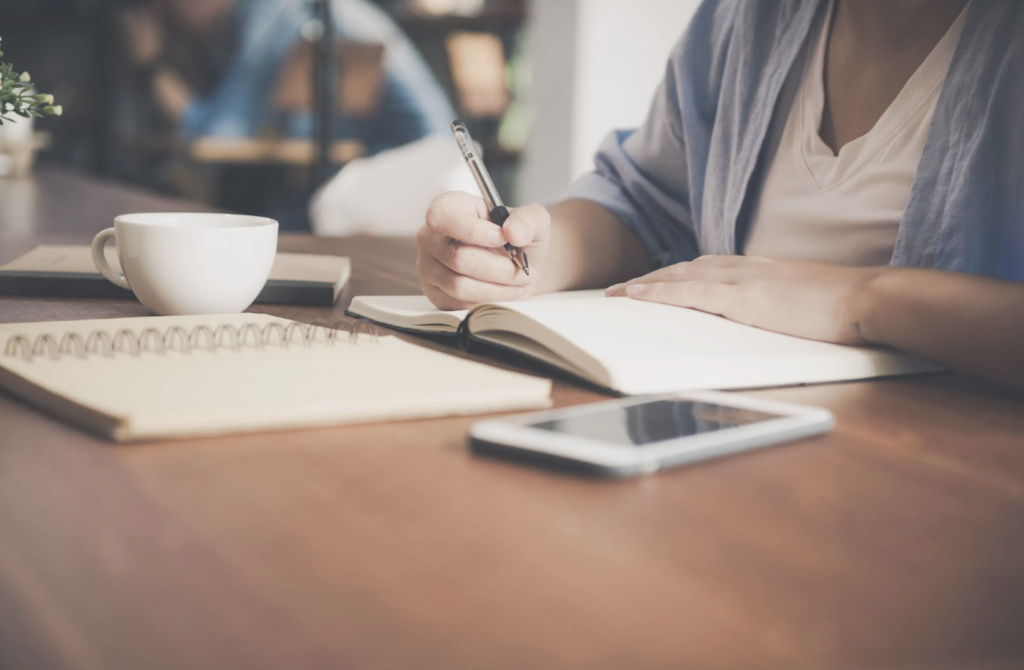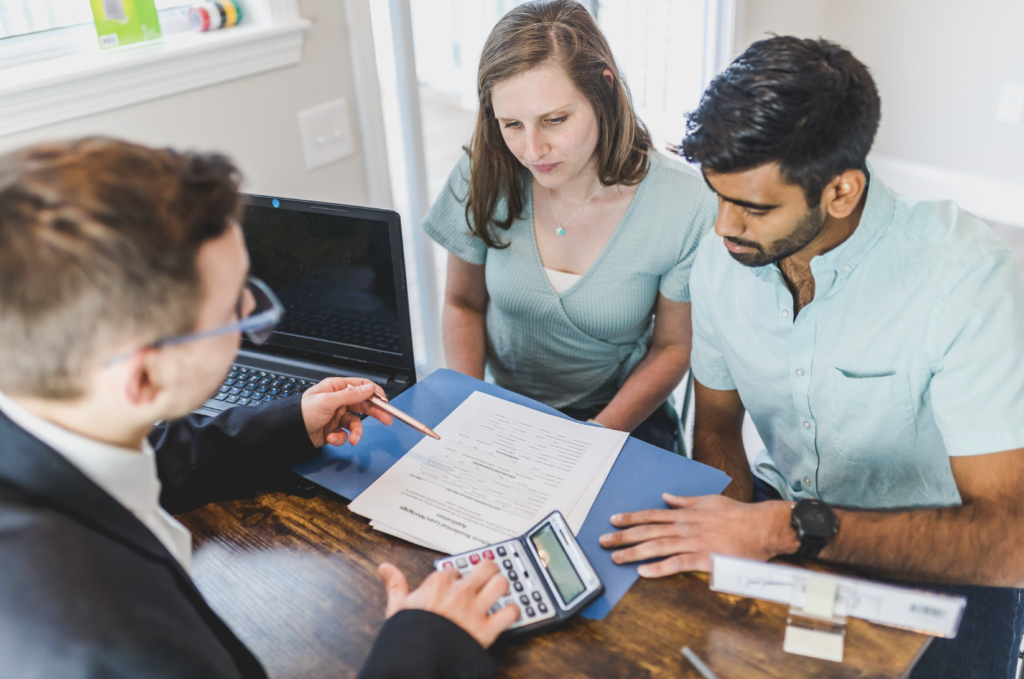Buying your first home is an exciting and significant milestone in your life, but it can also be a daunting and complex process. First-time home buyers often have numerous questions as they navigate the world of real estate, mortgages, and homeownership. In this blog post, we’ll address some of the most frequently asked questions (FAQs) that first-time home buyers may have to help you better understand the process and make informed decisions.

1. How much can I afford?
Determining your budget is the crucial first step in the home-buying process. You can start by using online calculators and speaking with a mortgage lender to get pre-approved for a loan. Remember to factor in not only the purchase price but also ongoing expenses like property taxes, insurance, and maintenance. You can read more about preparing for your home purchase here: How To Prepare for Buying Your First Home
2. What’s the difference between a fixed-rate and adjustable-rate mortgage (ARM)?
A fixed-rate mortgage has a stable interest rate throughout the loan term, making your monthly payments predictable. In contrast, an ARM typically offers a lower initial interest rate that can change periodically, potentially causing your monthly payments to fluctuate. Choosing between the two depends on your financial stability and risk tolerance.
3. How much should I save for a down payment?
The amount you need for a down payment can vary but is typically 3% to 20% of the home’s purchase price. A larger down payment can lower your monthly mortgage payments and may help you secure better loan terms.

4. What is private mortgage insurance (PMI)?
If your down payment is less than 20% of the home’s value, your lender may require you to pay PMI. This insurance protects the lender in case you default on the loan. It’s an added expense that can increase your monthly payments.
5. What is the importance of a good credit score?
Your credit score plays a significant role in determining your eligibility for a mortgage and the interest rate you’ll receive. Maintaining a good credit score is essential to securing favorable loan terms.
6. Should I hire a real estate agent?
While not required, working with a real estate agent can be highly beneficial, especially for first-time buyers. They can help you find suitable properties, negotiate on your behalf, and navigate the complex paperwork involved in the home-buying process.
7. What is the earnest money deposit?
The earnest money deposit is a sum of money you put down as a sign of your commitment to buying the house. It’s held in escrow and later applied to your down payment or closing costs.
8. What are closing costs, and how much should I budget for them?
Closing costs include various fees associated with finalizing the home purchase, such as title insurance, appraisal fees, and legal fees. These costs typically range from 2% to 5% of the home’s purchase price, so it’s important to budget for them.
9. What is a home inspection, and should I get one?
A home inspection is a thorough examination of the property’s condition. It’s highly recommended to have one done before finalizing the purchase to identify any potential issues or needed repairs. This can help you negotiate with the seller or make an informed decision about the property. Read more here: What Happens During A Home Inspection
10. What happens at the closing?
Closing, also known as settlement, is the final step in the home-buying process. It’s when you sign all the necessary paperwork, pay the remaining closing costs, and officially become the owner of the property. It’s a crucial but exciting moment for first-time home buyers.

Buying your first home is a significant achievement, but it can be overwhelming without the right information and guidance. These frequently asked questions provide a starting point for understanding the home-buying process. Remember to consult with professionals, such as real estate agents and mortgage lenders, to navigate the process smoothly and make well-informed decisions on your journey to homeownership.



